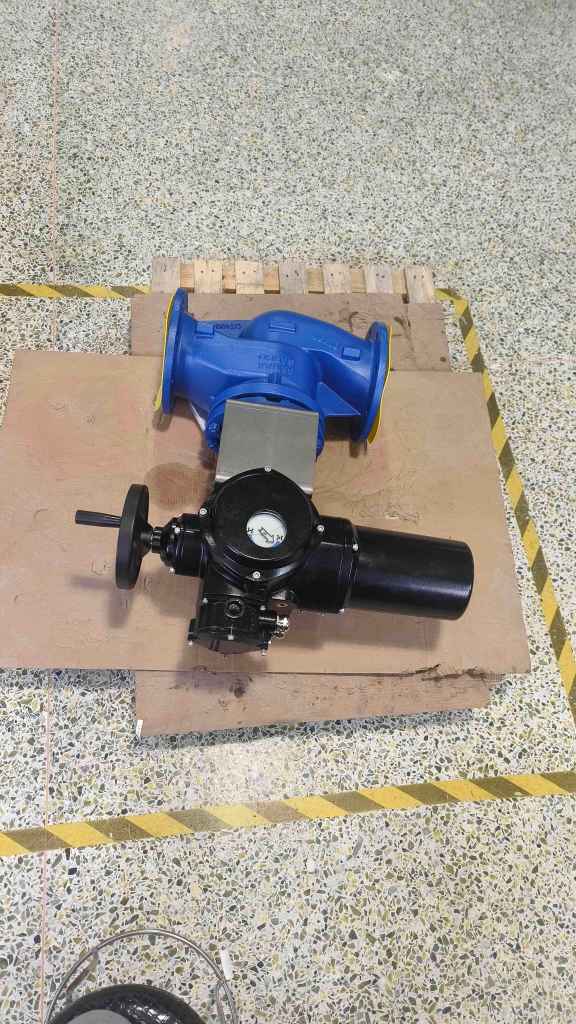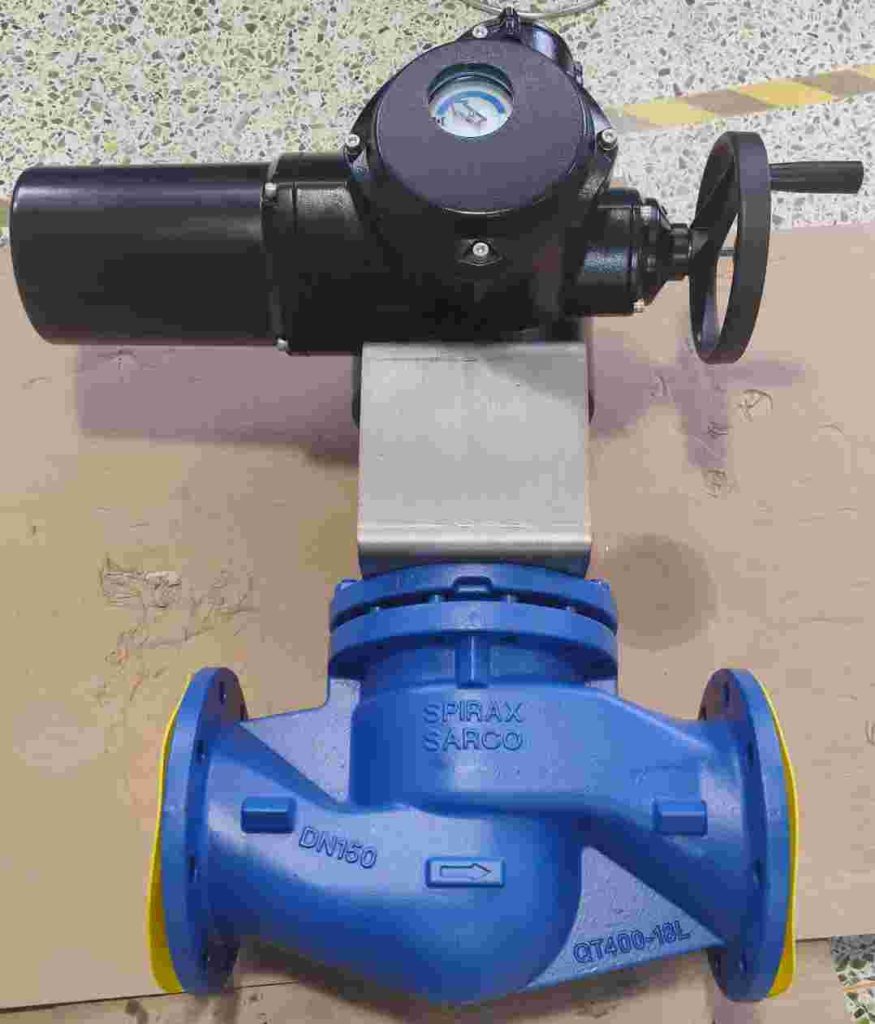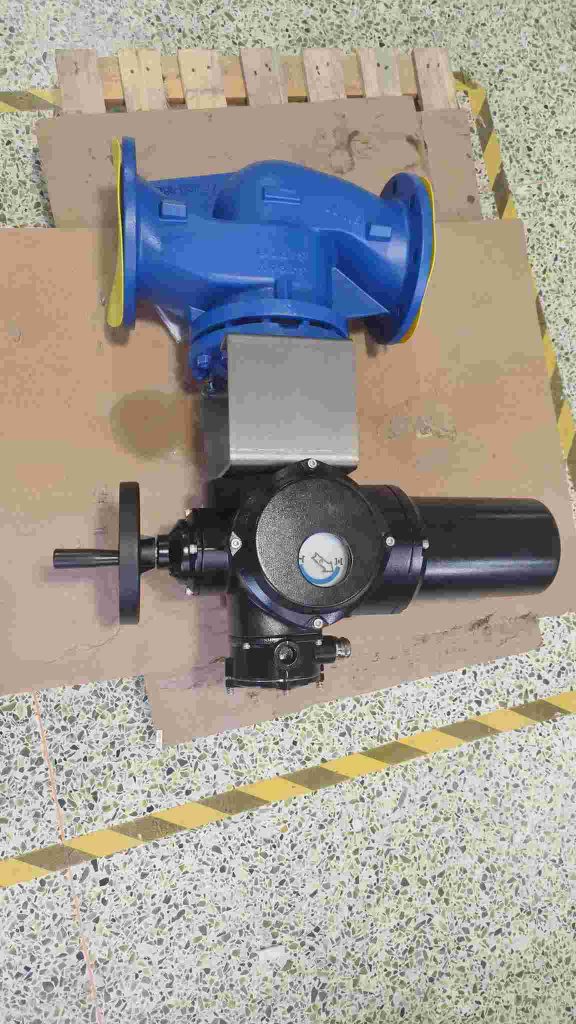Electric bellows stop valves are pivotal components used in fluid control systems across various industries, including HVAC systems, chemical processing, water treatment, and more. These valves combine the mechanical function of a stop valve with the advanced functionality of electrical control, offering enhanced performance, reliability, and ease of operation. This article explores the design, operation, applications, and benefits of the electric bellows stop valve, shedding light on its crucial role in maintaining efficient and secure fluid flow management.

What is an Electric Bellows Stop Valve?

An electric bellows stop valve is a type of valve designed to regulate the flow of fluids in a pipeline while incorporating electric actuation to control its operation. The term “bellows” refers to the flexible, accordion-like structure typically made of materials such as stainless steel, which serves as a seal in the valve. The bellows are crucial in preventing leakage, especially in systems where tight sealing is necessary under varying pressure conditions. In a standard electric bellows stop valve, the electric actuator is integrated with the valve body to automate its opening and closing. This actuator can be remotely controlled, allowing for precise control of fluid flow in applications where manual operation would be inefficient or unsafe.

Leave a Reply